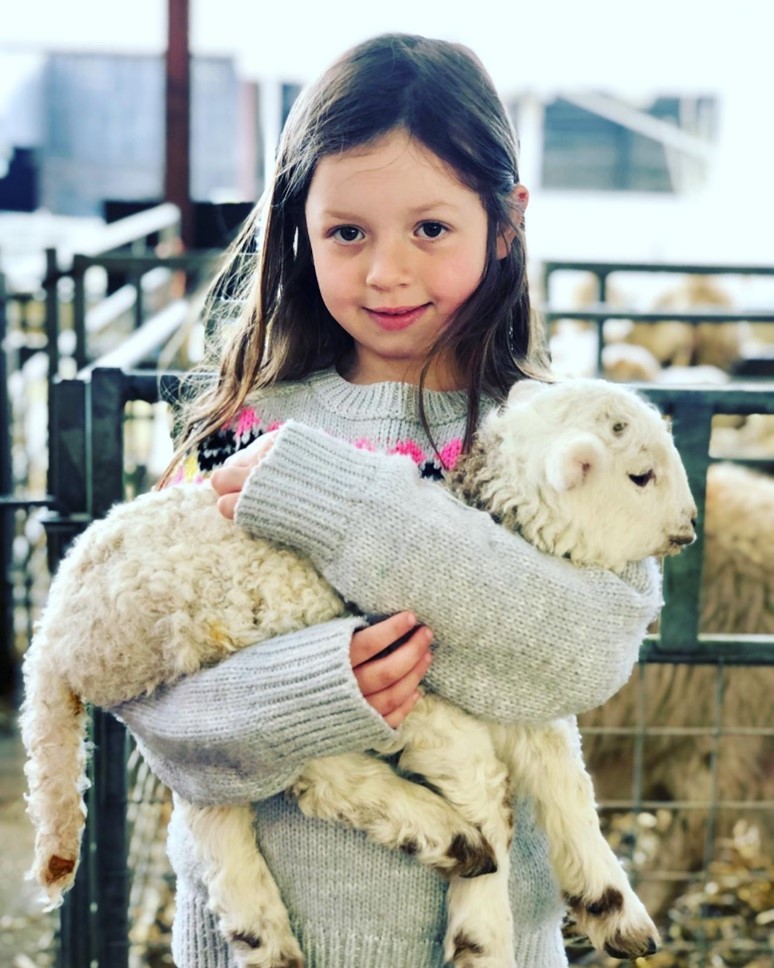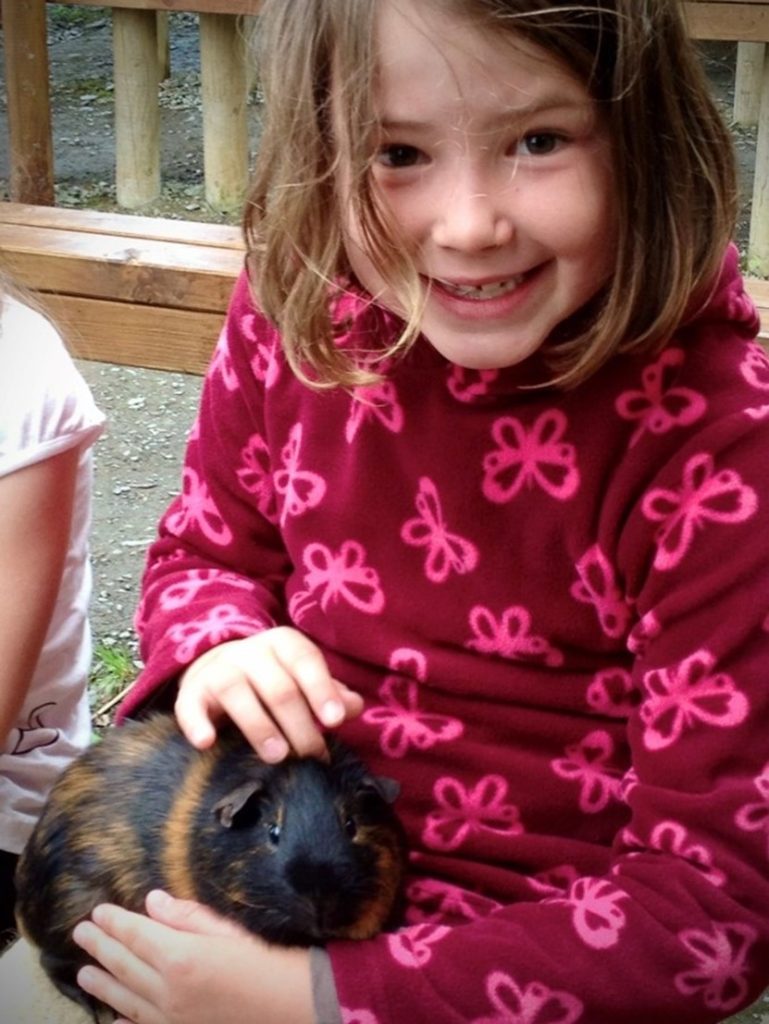Safety tips for families visiting farms and animal attractions this May half term
Families visiting farms or other animal attractions in Shropshire are being advised to follow advice to help keep children safe and healthy, this May 2024 half term.
Visitor attractions involving contact with animals are understandably popular with parents and children, but do carry a risk from infectious diseases.

Lots of children will be enjoying visiting farms this half-term: please take care and follow advice to keep your child safe and well.
Common types of illness include infection with cryptosporidium parvum, E. coli O157 and salmonella.
All these bacteria live in the gut of the animals. Infections are caused either by touching animals in the petting and feeding areas, or by coming into contact with animal droppings on contaminated surfaces around the farm. These harmful bacteria can get accidentally passed to your mouth by putting hands on faces or fingers in mouths before washing them thoroughly. It only takes a small number of the bacteria to cause infection.
Following these practical steps will help your child stay safe and healthy:
- Children should wash their hands in the following four situations: after contacting animals, before eating, before and after using play equipment, and when leaving site. It will help to explain why they must wash their hands thoroughly in these situations and to show them what proper handwashing looks like. Bear in mind that alcohol gel is not a suitable substitute for proper handwashing with soap and running water – it doesn’t work against Cryptosporidium. So don’t rely on the use of hand gels on their own. Make use of the washing facilities on site and wash hands thoroughly with hot soapy running water.
- Do not suck fingers or put hands, pens, pencils, or crayons etc in mouths.
- Check that cuts, grazes etc on children’s hands are covered with a waterproof dressing.
- Do not kiss animals.
- Eat only food that you have brought with you, or food for human consumption that you have bought on the premises, and eat only in designated areas.
- Never eat food that has fallen to the ground.
- Never taste animal foods.
- Children should not eat, drink, or chew anything (including sweets) outside the areas designated for eating at the visitor attraction.
- Where possible, clean, or clean and change footwear before leaving. The site should have facilities to clean footwear and pushchair/pram wheels as you leave the site. Wash hands after cleaning/changing footwear.
- Do not use or pick up tools (eg spades and forks) or touch other work equipment unless permitted to do so by site staff.
- Do not climb on to walls, fences, gates, or animal pens etc. Some animals put their feet on the fences of their pens and contaminate them with faecal matter.
- Listen carefully and follow the instructions and information given by the site staff.
- Do not wander off into unsupervised or prohibited areas eg manure heaps.
- Allow plenty of time for handwashing before eating or leaving the site so that the children do not have to rush.
- If a member of your group shows signs of illness (eg sickness or diarrhoea) after a visit, visit the doctor and explain that they have had recent contact with animals. Please also contact the attraction you visited and inform them of the illness.

Farm visits
Rachel Robinson, Director of Public Health at Shropshire Council, said:-
“As a mum I know visiting a farm or other animal attraction is lots of fun, but it is important to remember that animals can carry a number of infections that can be harmful to people.
“Animals have various micro-organisms in them, some of which can infect humans and make them sick. Some, such as E. coli O157 or Cryptosporidium (Crypto), are very dangerous and can cause severe disease that may affect young children more severely. In our Health Protection Cell, we deal with many cases of Crypto every year among children, and it’s very unpleasant for them and their parents.
“If you are visiting one of these attractions over May half term, please make sure you and your family follow this advice and enjoy the experience with peace of mind.”
Find out more on how to stay safe when visiting farms at How to stay safe from infections carried by animals when visiting a farm – UK Health Security Agency (blog.gov.uk)

